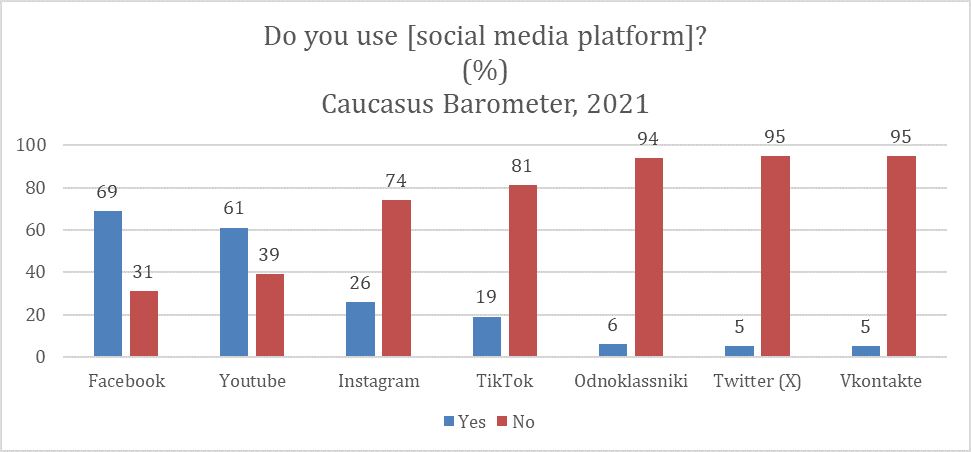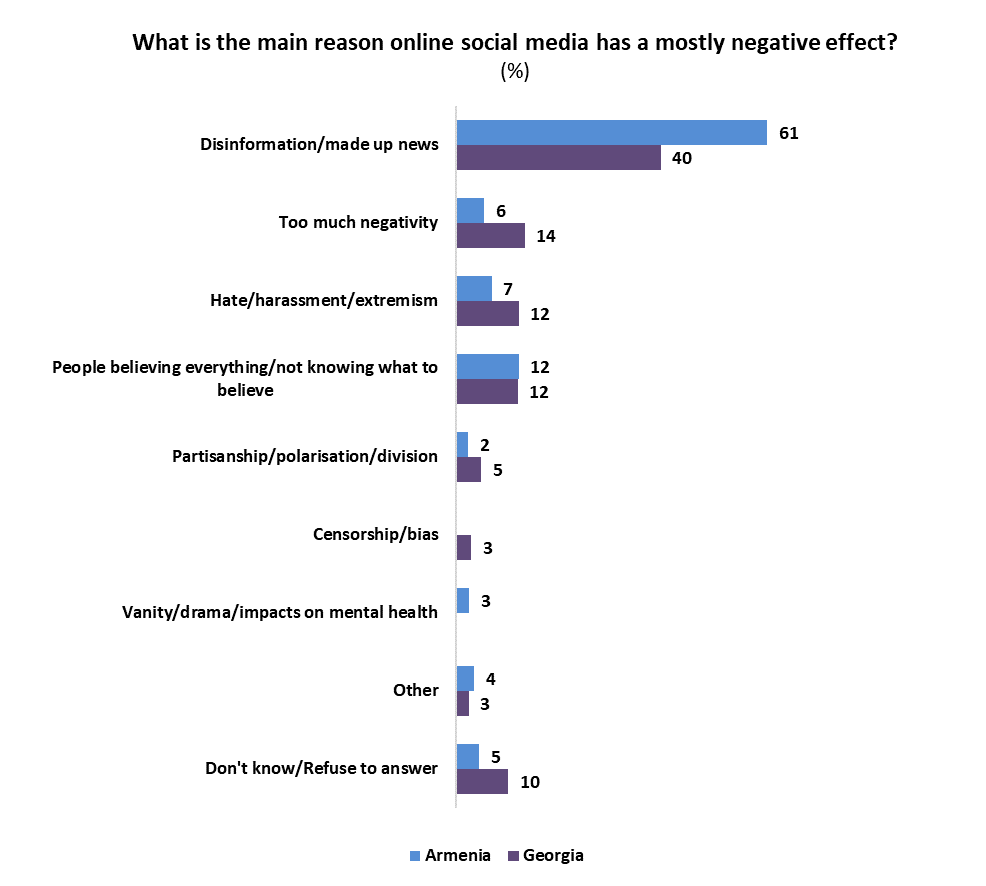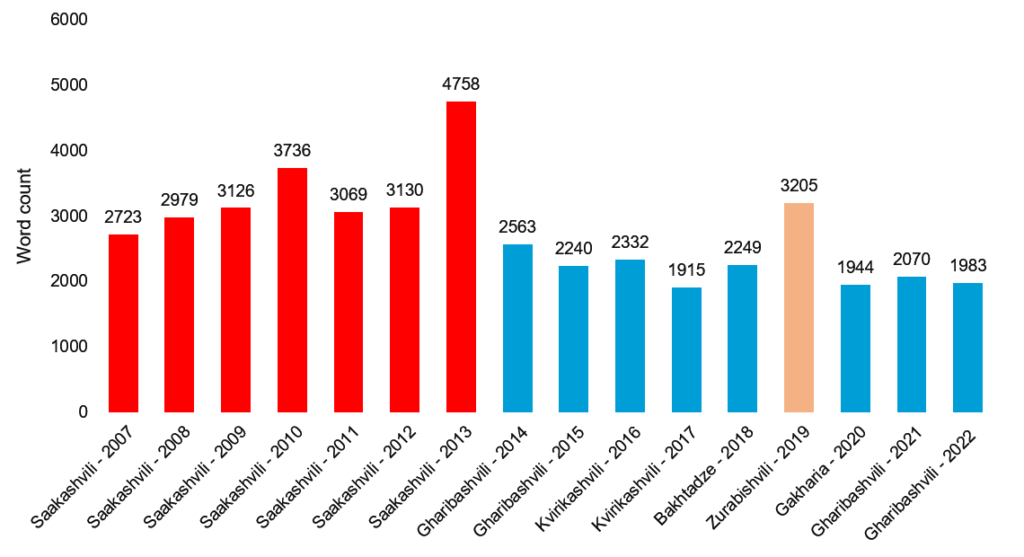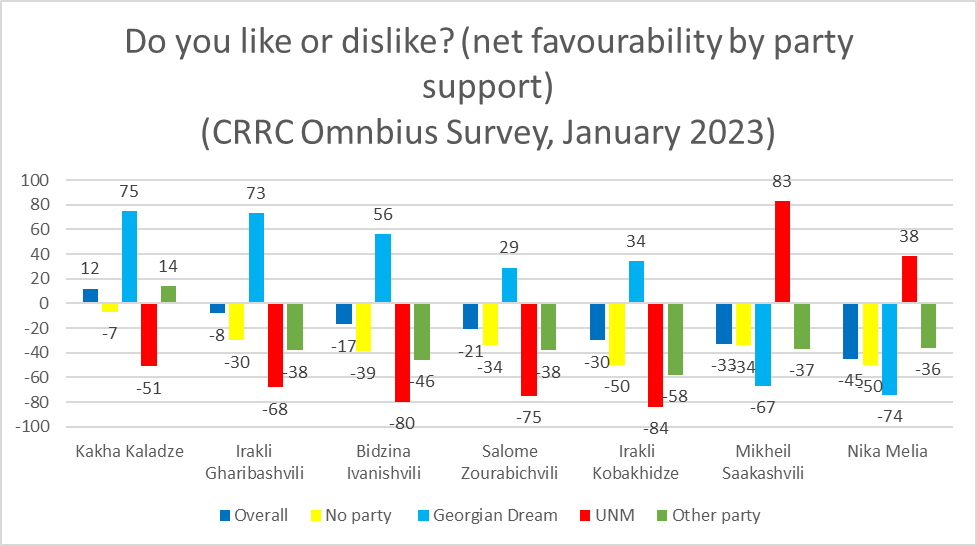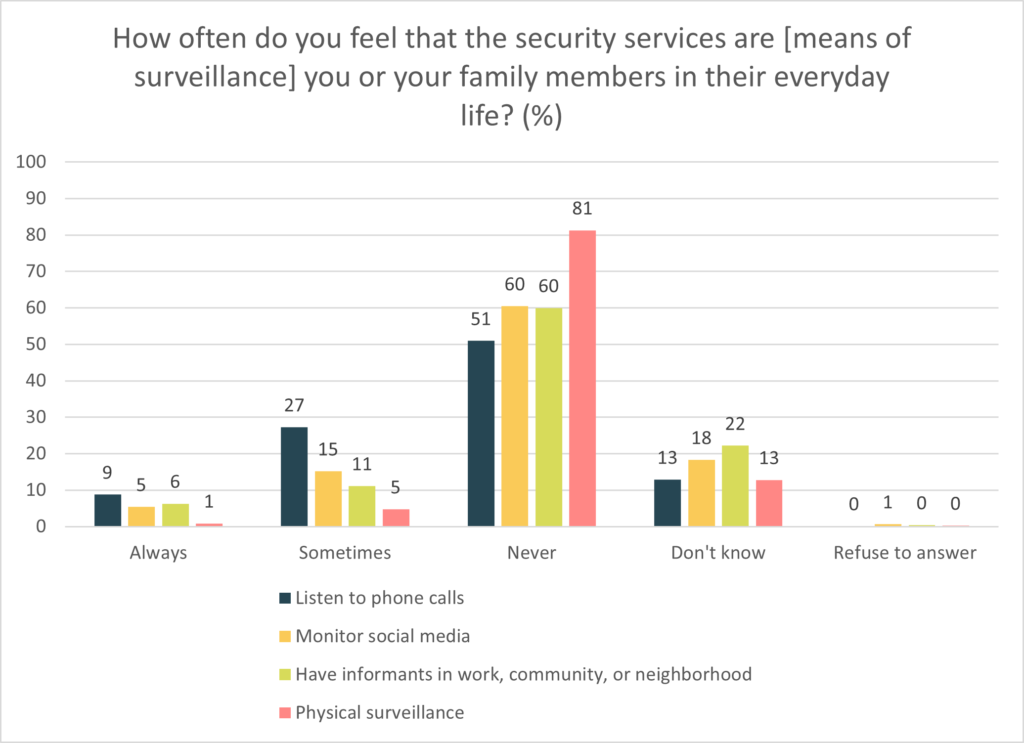
On 8 November, the European Commission is set to offer its recommendation on whether the EU should grant Georgia candidate status. A CRRC Georgia survey found that only a third of Georgian-speaking adults expected that Georgia would receive EU candidate…
